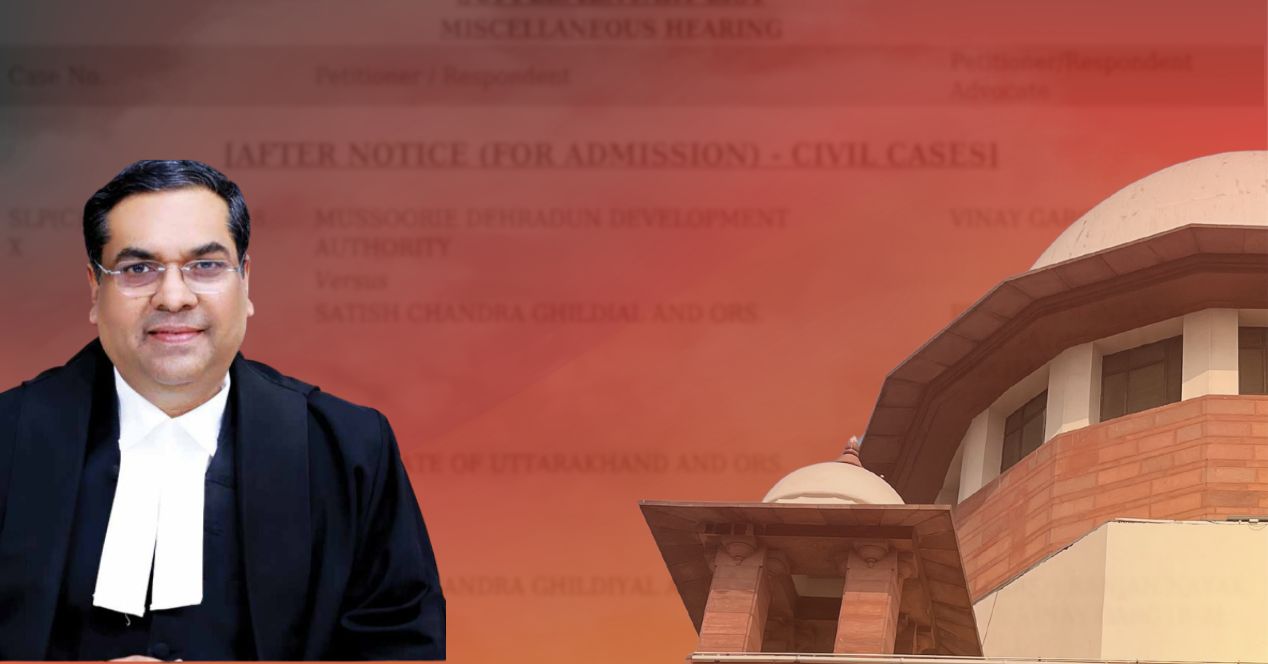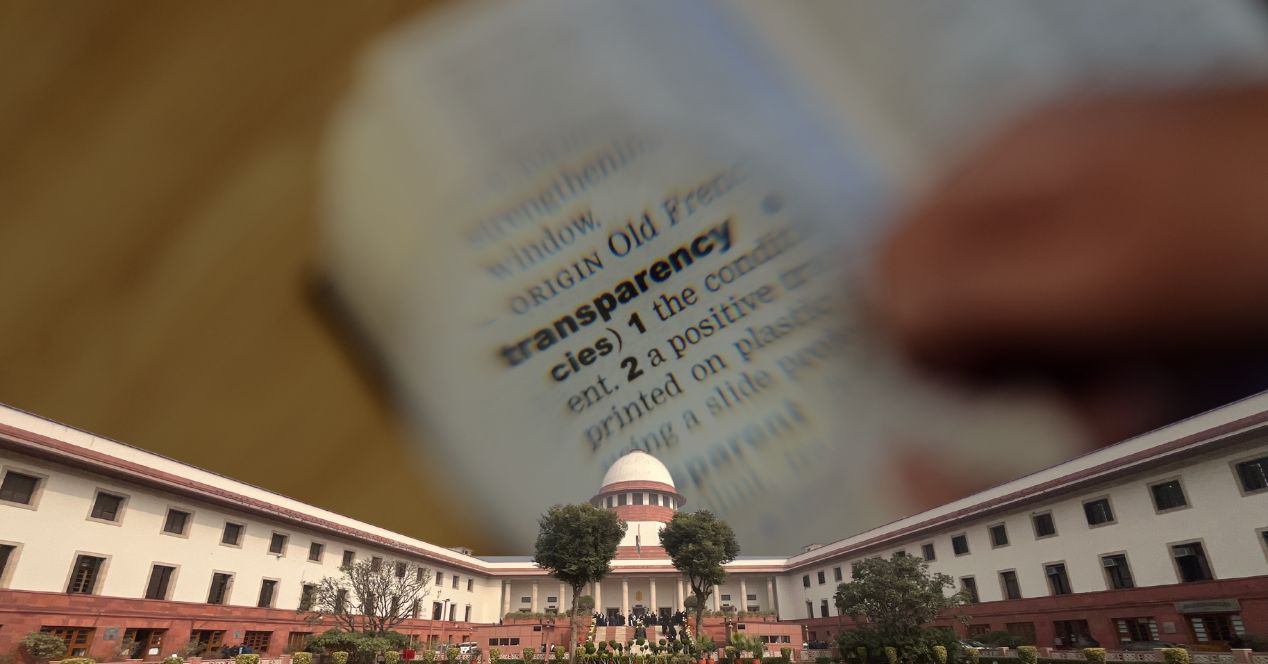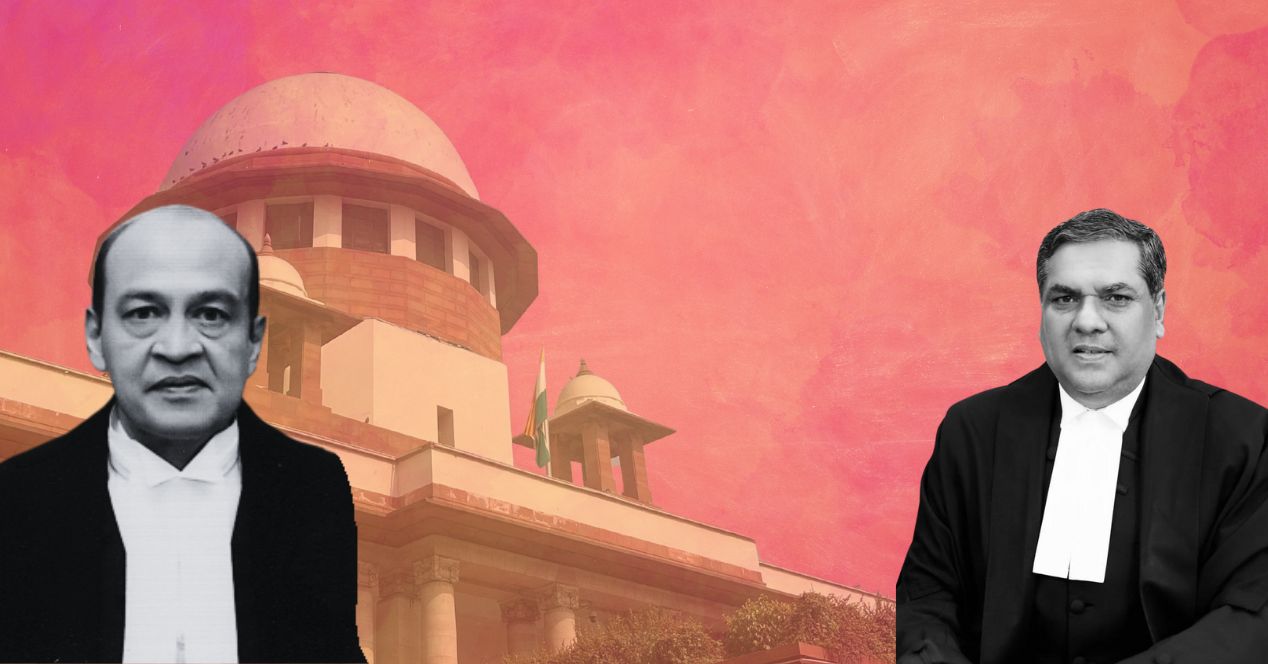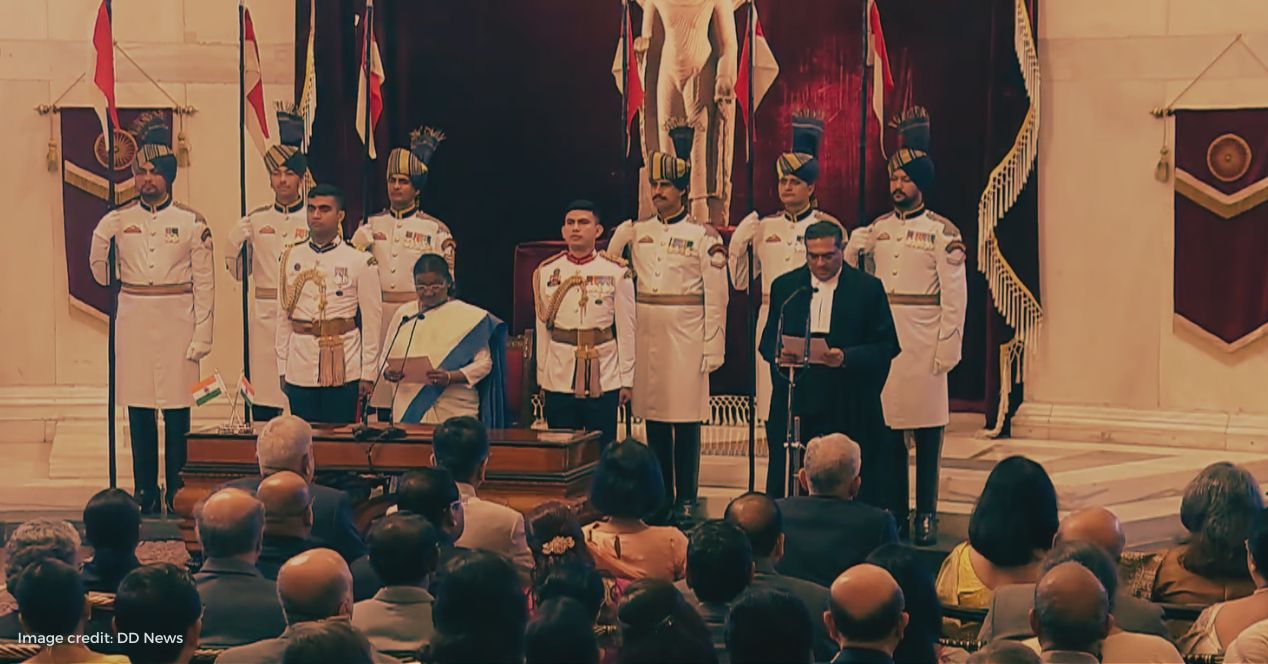Analysis
A quiet legacy
CJI Sanjiv Khanna's brief tenure may have lacked the pomp of the Chandrachud Court but was by no means uneventful
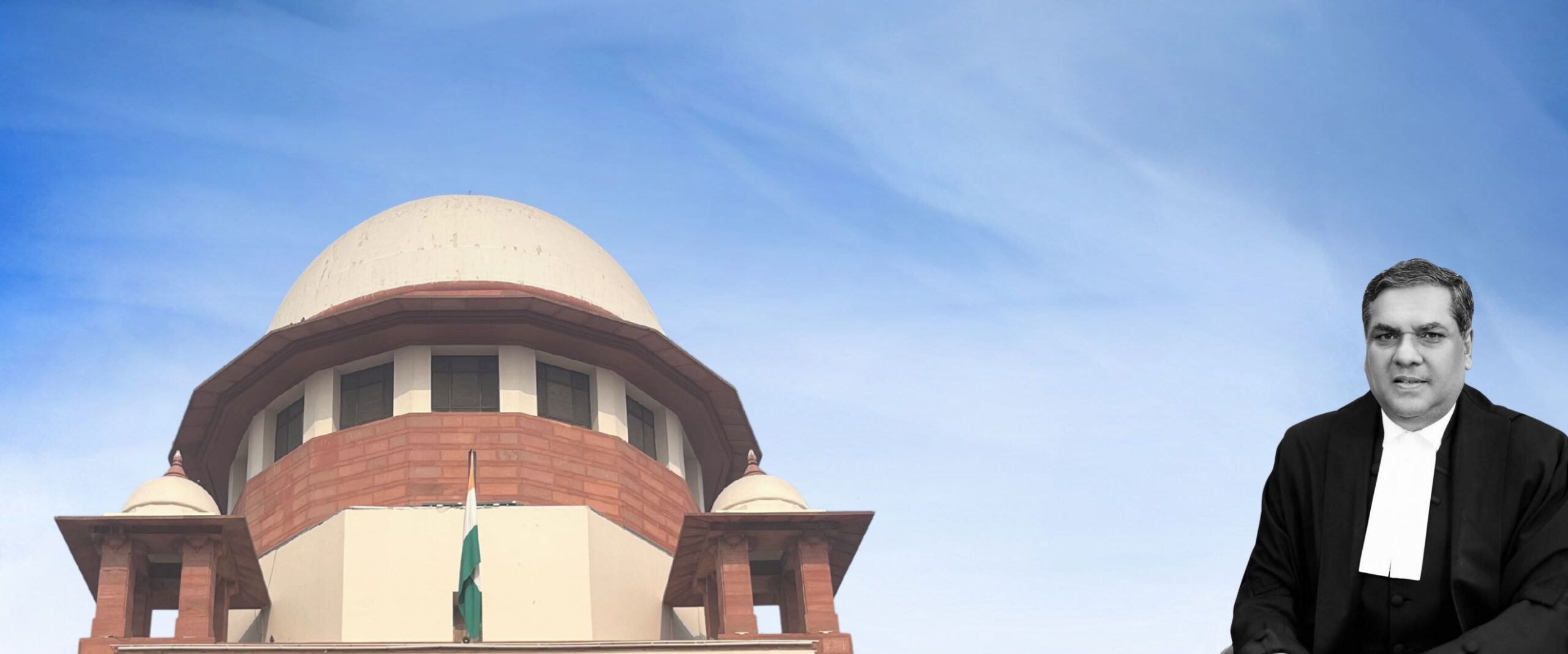
“He has made my task easy and difficult,” Justice Sanjiv Khanna fondly remarked while bidding farewell to outgoing Chief Justice D.Y. Chandrachud. “Easy because of the revolutions ushered in and tough because I cannot walk up to him.”
Justice Chandrachud’s two-year tenure was unprecedented in the way it spotlighted the office of the Chief Justice and the Supreme Court. CJI Khanna would only have six months. Before he assumed office, we noted that he faced the enviable task of carrying forward a legacy while charting his own course. He retires on Tuesday—after consummately holding fort while usual and unusual storms raged around the Court.
CJI Khanna inherited a technologically revamped court, a docket of over 82,000 pending cases and lingering concerns around the opacity of court processes (case listing, allocation of Constitution Benches, Collegium appointments). He made moves from the get-go. One of his first administrative decisions was to pause regular hearings temporarily to address pendency. The initiative attracted scepticism from members of the Bar, but a noticeable increase in disposals immediately after gave the decision some heft. He also tackled erratic listing, an enduring grievance among lawyers.
The Collegium led by him appointed three judges to the Supreme Court, including Justice Joymalya Bagchi who is in line to become CJI in 2031. The Collegium’s short resolutions emphasised regional diversity more than other axes of representation.
Lawyers often describe CJI Khanna as a ‘by-the-book’ judge. This reputation was bolstered during his term as puisne judge, where he meticulously analysed existing legal frameworks in decisions upholding the current system of VVPAT for voter verification and striking down the Electoral Bond Scheme.
But the ‘by-the-book’ image is nuanced by some of his other decisions. In 2023, he was part of a Bench that exercised its power under Article 142 to grant divorce in a case of irretrievable breakdown of marriage, even though the ground is not recognised under the Hindu Marriage Act. As Chief, he authored a majority opinion holding that courts have a limited power to modify arbitral awards, despite the Arbitration Act’s silence on the matter.
When the legal history of these times is written, perhaps the Khanna Court will be favourably remembered for keeping its head amidst communal hot-headedness. As Chief, he stayed the filing of fresh challenges to the Places of Worship Act. While hearing challenges to the 2025 Waqf Amendment Act, he secured an assurance from the Union that existing waqfs would not be denotified before the next hearing. The latter led to an MP of the ruling party accusing the CJI of being “responsible for civil wars.” While dismissing a plea for initiating contempt proceedings against the MP, the Khanna-led Bench quipped that “courts are not as fragile as flowers.”
What may also be remembered is the way CJI Khanna handled the controversy around the unaccounted cash that was discovered at Justice Yashwant Varma’s residence. He initiated an in-house inquiry with alacrity. Reportedly, he has written to the President and Prime Minister after Justice Varma turned down his offer to resign.
As a response to criticism around accountability of the higher judiciary, CJI Khanna oversaw one of the most significant data disclosures by the Supreme Court in recent times. Earlier this week, the Court released documents detailing the Collegium’s procedure for recommending judges and a tabular list containing the names of every judge proposed by the Chandrachud and Khanna Collegiums for High Court elevation.
On 1 April, a full-court meeting chaired by the CJI resolved to publish declarations about the assets owned by judges. On 5 May, the Court uploaded declarations for 21 out of 33 judges.
For short tenures, legacy may not lie in dramatic shifts but in the tone that is set for institutional stability and in the way incremental stands are taken on protracted problems. By that measure, Sanjiv Khanna leaves behind a Court not in turmoil, but with a semblance of order and much resilience.
This article was first featured in SCO’s Weekly newsletter. Sign up now!

